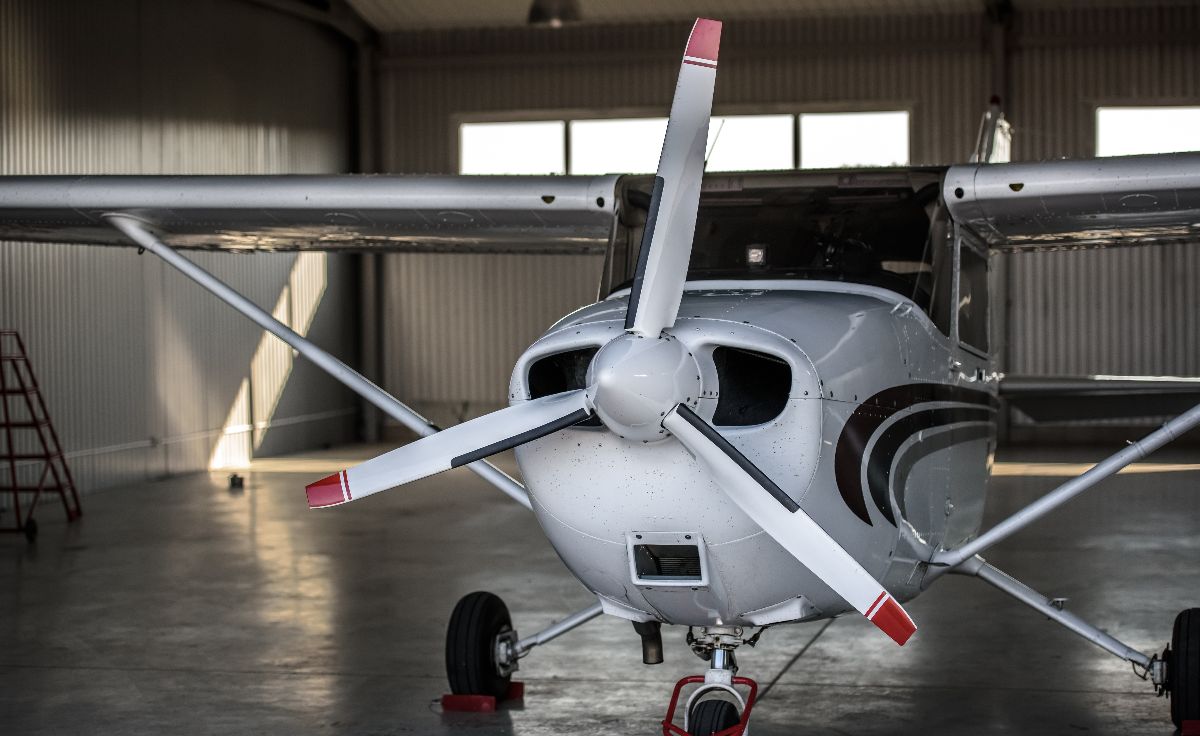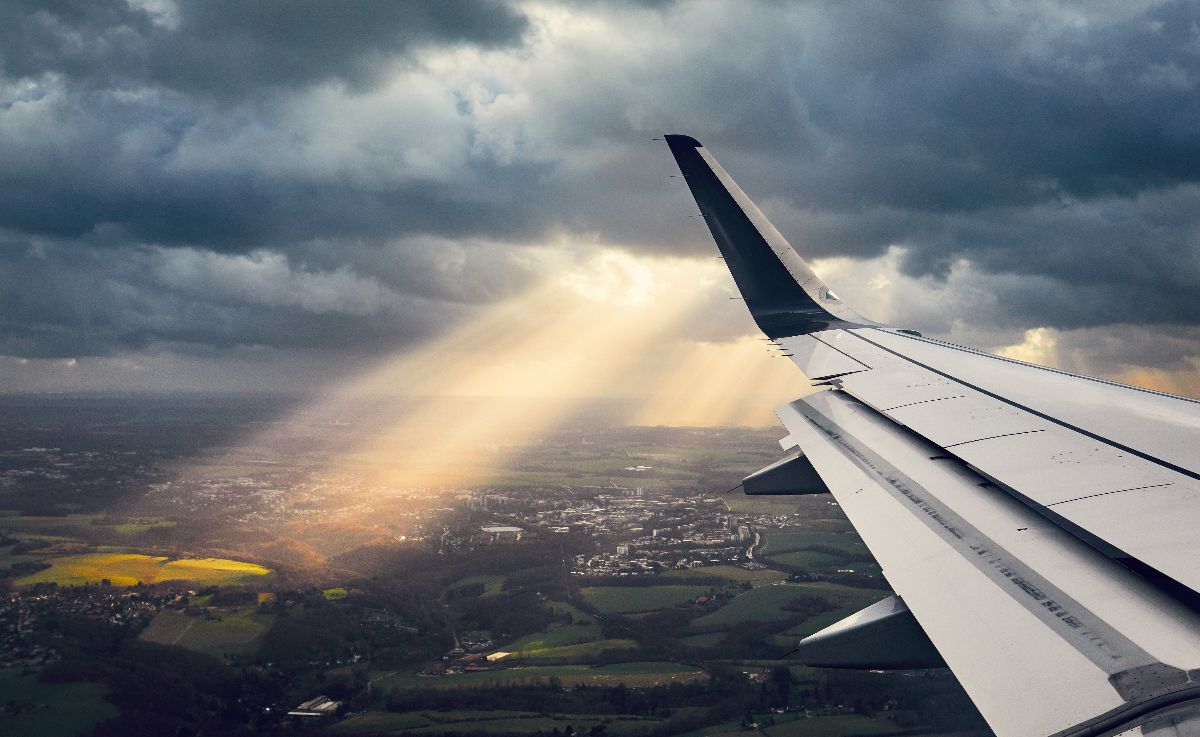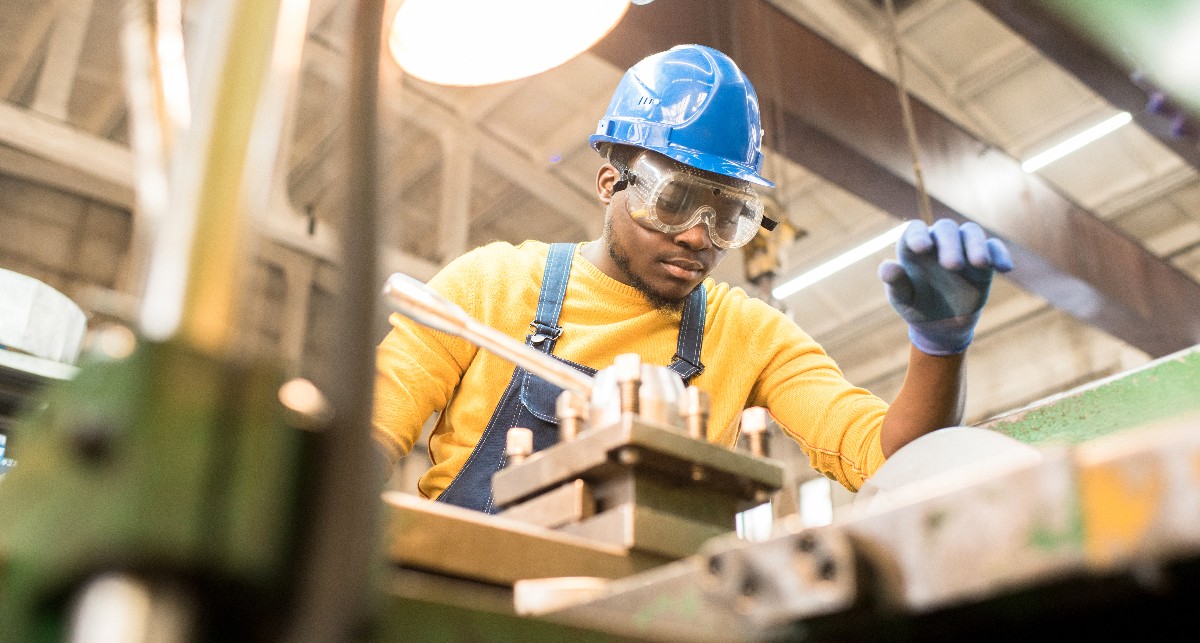In the final month of 2022, the last Boeing 747 ever to be built rolled off the production line.
It marked a bittersweet moment for many in the aviation industry; on one hand it was a reminder of how far the industry has come and all that has been achieved, but on the other it was a reminder of how fast technology moves and evolves.
The History of the 747
The Boeing 747 was first introduced in 1969 as an iconic wide-body airliner. It revolutionized air travel and became known as “Queen of the Skies” due to its luxurious cabin features and unique design.
For over 50 years, Boeing’s 747 aircraft have been integral to air travel, carrying millions of passengers around the world. Not only did these planes allow people to travel farther than ever before, but their size also allowed airlines to carry more passengers at one time and make international flights more affordable.
But now that Boeing has announced it will no longer be producing them, what will this mean for air travel?
How Aviation Will Change After The Boeing 747
The production of the final 747 marks not only an end of an era for aircraft manufacturing but also a significant milestone in aviation history. While this plane is being decommissioned, newer models like Boeing’s 787 Dreamliner are taking its place with more efficient engines and increased range capabilities.
Advances like these are just another reminder that progress never stops when it comes to aviation technology – there is always something new around the corner!
This plane has served us well over many years and although we may feel sad to see it go, we should also use this moment to reflect upon all that has been achieved within the aviation industry since its introduction – from technological advancements to increased safety standards across global airspace networks. All engineers involved should take pride in their work knowing they have helped shape modern day air travel for generations to come!





